The five main string-theory candidates may all just be pieces of a larger, cohesive whole — and M-theory could bring them together.
Category: life extension – Page 436
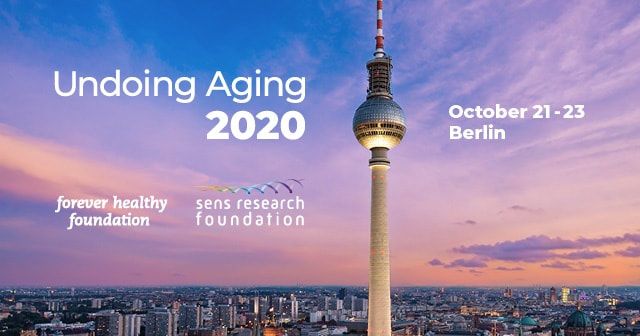
The 2020 Undoing Aging Conference is rescheduled to October (21−23)
We will be issuing ticket refunds to attendees, who cannot attend the new date.
Berlin / Mountain View, March 12, 2020.
Forever Healthy Foundation and SENS Research Foundation have decided to reschedule Undoing Aging 2020 to October, 21–23. Following the WHO’s declaration of COVID-19 as a pandemic, we will do our share to prevent it from spreading further. We will be issuing ticket refunds to attendees, who cannot attend the new date.
The Undoing Aging Conference in October will be focused on the cellular and molecular repair of age-related damage as the basis of therapies to bring aging under full medical control and will bring together scientists and startups from around the globe, all pioneers in their respective fields, who are leading the charge in maintaining and restoring full health in old age.
Is Aging a Disease? | LifeXtenShow
Nicola Bagalà is one of the best advocates of rejuvenation therapies that I know. I follow him since he did a blog called “Rejuvenaction” some years ago. In this video, he discusses in a profound way a very important question. I ask everybody of the rejuvenation community: don’t miss this video, let’s spread it on YouTube, Facebook and social media, and let’s give this video the audience it needs and deserves. It’s not everyday we have such opportunity.
Does biological aging qualify as a disease? Does this affect the development of therapies that treat and prevent age-related diseases? Here’s Nicola’s take on the subject.
Liked the show? Let us know on Twitter at https://twitter.com/lifespanio or our Discord server at https://discord.gg/HwTX7gR
Facebook: https://www.facebook.com/lifespanio/
LinkedIn: https://www.linkedin.com/company/lifespanio
Instagram: https://www.instagram.com/lifespan.io
Website: https://www.leafscience.org/
Stock contents: Videoblocks
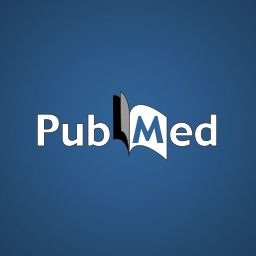
The role of cognitive operations in reality monitoring: a study with healthy older adults and Alzheimer’s-type dementia
J Gen Psychol. 2009 Jan;136:21–39. doi: 10.3200/GENP.136.1.21–40.
The authors examined the role of cognitive operations in discriminations between externally and internally generated events (e.g., reality monitoring) in healthy and pathological aging. The authors used 2 reality-monitoring distinctions to manipulate the quantity and quality of necessary cognitive operations: discriminating between I performed versus I imagined performing and between I watched another perform versus I imagined another performing. Older adults had more difficulty than did younger adults when discriminating between memories in both versions of the task. In addition, older adults with Alzheimer’s-type dementia showed marked difficulties when attributing a source to imagined actions. The authors interpret these findings in terms of an age difficulty or the failure to use cognitive operations as useful cues during source monitoring.
Quantum Mind, Immortality, and the End of Suffering | David Pearce | Waking Cosmos
Subjects: consciousness, psychedelics, panpsychism, transhumanism, abolishing suffering, death and immortality.
My guest today is David Pearce, a well known philosopher and transhumanist, yet his views about consciousness set him apart from other transhumanists you might be familiar with. David believes that the nature of consciousness goes much deeper than can be explained through classical physics or from within a materialist paradigm. He suspects that consciousness may reflect an intrinsic feature of reality. Whether or not this is the case, David is confident that the unity of consciousness is facilitated by a quantum unity occurring in the brain. As a result, David is skeptical about the possibility of classical computation-based “mind uploading” or truly conscious artificial intelligences arriving in the foreseeable future. But while our descendents will continue to be biological, they will however be dramatically different to us, not only with their indefinite lifespan, physical fortitude, and resilience to disease, but most significantly, in the structure of their minds. According to David, our great grandchildren will inhabit profoundly blissful mind spaces which exist exclusively “above hedonic zero”. They will have abandoned retributive emotions such as jealousy and anger, and their ordinary conscious states will be comparable to today’s peak experiences. Most significantly for David, our descendants will set their sites on abolishing suffering in all sentient life on this planet, and finally, the entire reachable universe.
We discussed these subjects and more in our conversation. Whether or not you find David’s vision hard to believe, this will be an interesting episode! If you value these conversations, please consider supporting Waking Cosmos on Patreon.
https://www.patreon.com/wakingcosmos
David’s website
https://www.hedweb.com
Braeden Lichti: Investing in Anti-Aging and Rejuvenation Biotechnology
Useful video for the development of the rejuvenation industry.
Scientists today now have a better understanding of the aging process, giving us a better explanation of the cellular changes that lead our body and brain to decline as we age.
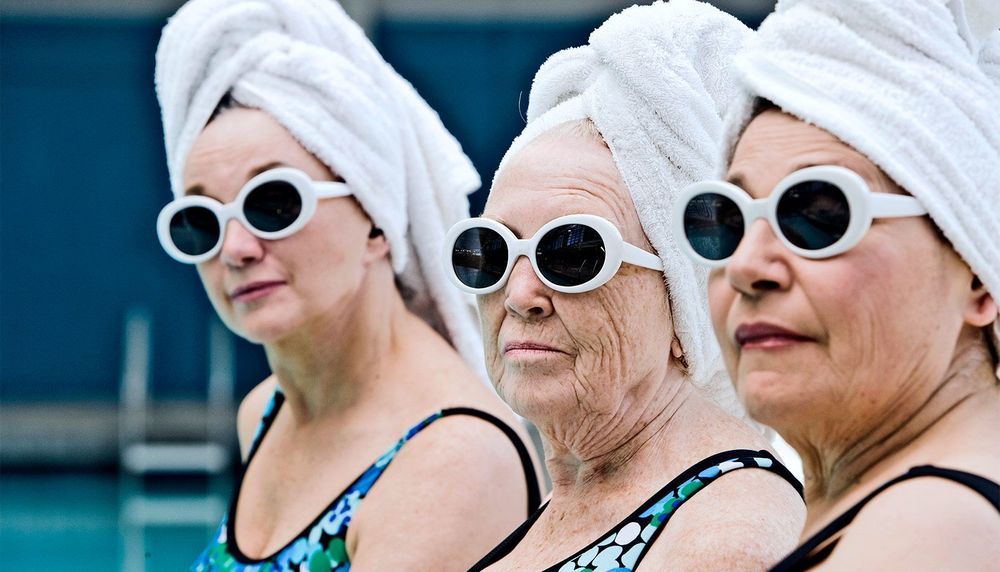
Healthspan first, Lifespan — distant Second
This episode #20 of my “Pessimistic guide to Anti-Aging Research” titled “Healthspan First, Lifespan –Distant Second”.
When we are dreaming of physical immortality, we really mean not one but two very different immortalities: the one for our body, and quite another for our spirit. The body permits essentially any kind of interventions, modifications, replacements or even transformations for the sake of staying healthy and young indefinitely. In contrast, the spirit absolutely demands the preservation of our unique personalities and memories and, therefore, does not make allowances for treatments that violate this condition.
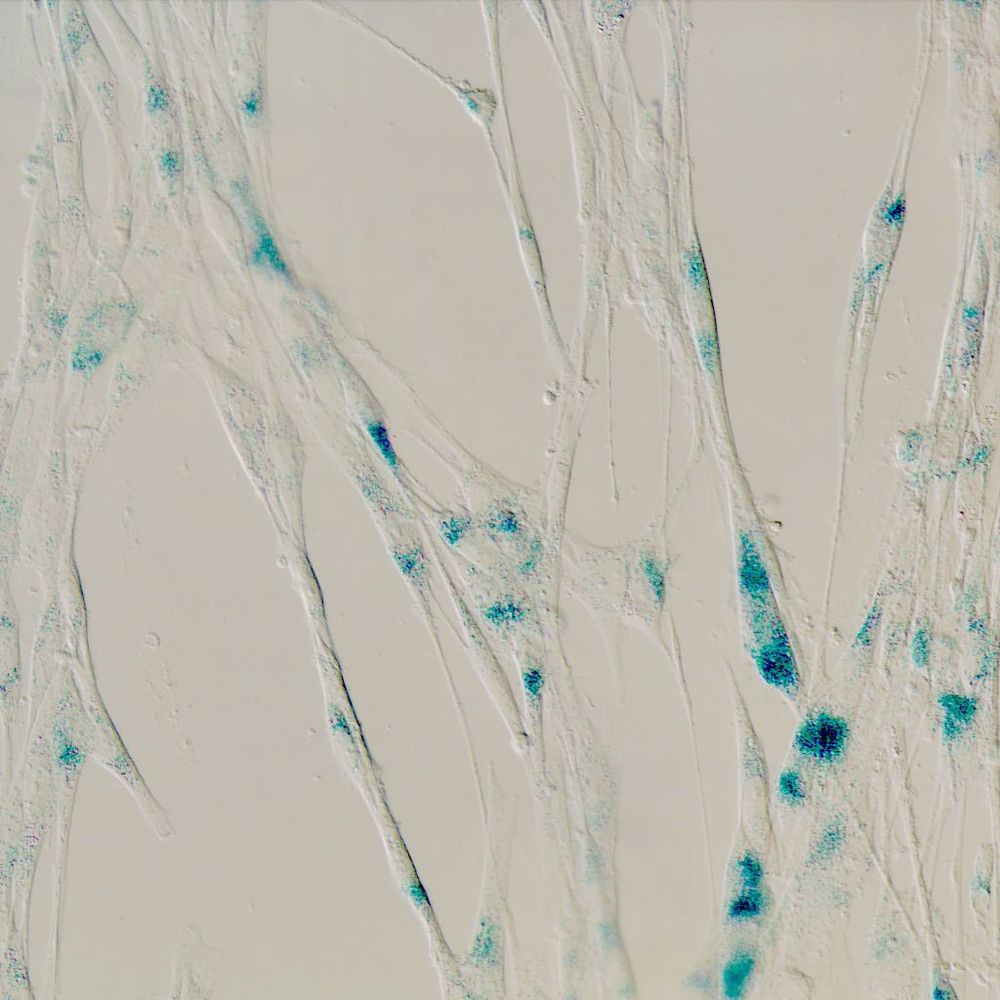
Scientists single out gene that triggers aging symptoms
Circa 2018 we need crispr pills for this.
The steady march of aging might not have to be so steady, according to a growing body of research. Now a team from the University at Buffalo has isolated a single gene that controls senescence, the process that stops cells from dividing and contributes to aging symptoms. Ramping it up, they found how easily the effect can spread among neighboring cells. That makes the gene a crucial target for future work into anti-aging and cancer therapies.
Living cells have a natural limit to the amount of times they can divide, before they stop and become what are known as senescent cells. The problem is, over time these senescent cells build up in the body, eventually contributing to the physical symptoms we associate with aging, such as increased risk of diabetes, heart disease, arthritis and cataracts. On the other hand though, completely halting senescence can lead to cancer, as the cells continue to divide unchecked.
Realizing this mechanism, scientists have been developing ways to clear out these senescent cells, including a new class of drugs known as senolytics. In tests, these drugs have been found to extend the lifespan of mice by up to an impressive 35 percent, and keep them in better health for longer.
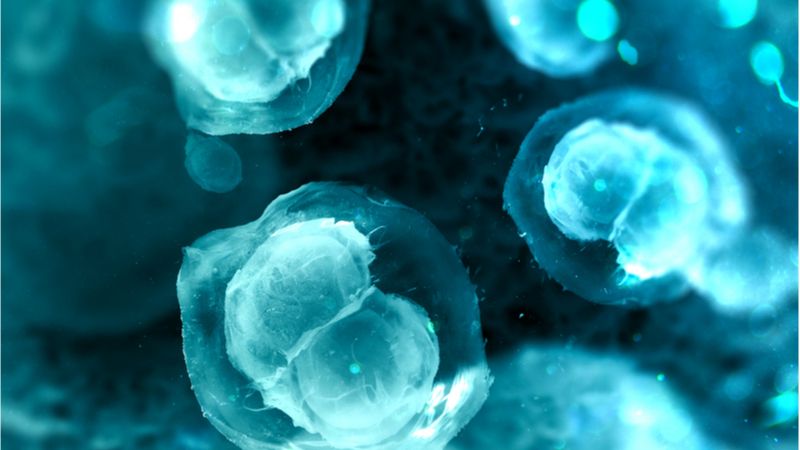
Success in Reprogramming a Supercentenarian’s Cells
Researchers from AgeX Therapeutics and other organizations have proved the feasibility of reprogramming banked cells derived from a supercentenarian. Their discovery portends exciting new possibilities for aging research.
What is cellular reprogramming?
Cellular reprogramming is the process of reverting mature, specialized cells into induced pluripotent stem cells (iPSCs), which can develop into any cell type found in the human body. Cellular reprogramming technology was pioneered in 2006 by Drs. Takahashi and Yamanaka, who achieved this impressive result by overexpressing just four genes, Oct4, Sox2, Klf4, and c-Myc (OSKM), which became collectively known as the Yamanaka factors. For this breakthrough, Yamanaka was awarded the Nobel Prize in 2012. Fun fact: Yamanaka called these cells iPSCs – with a small “i” – as a nod to the iPod and similarly named devices.